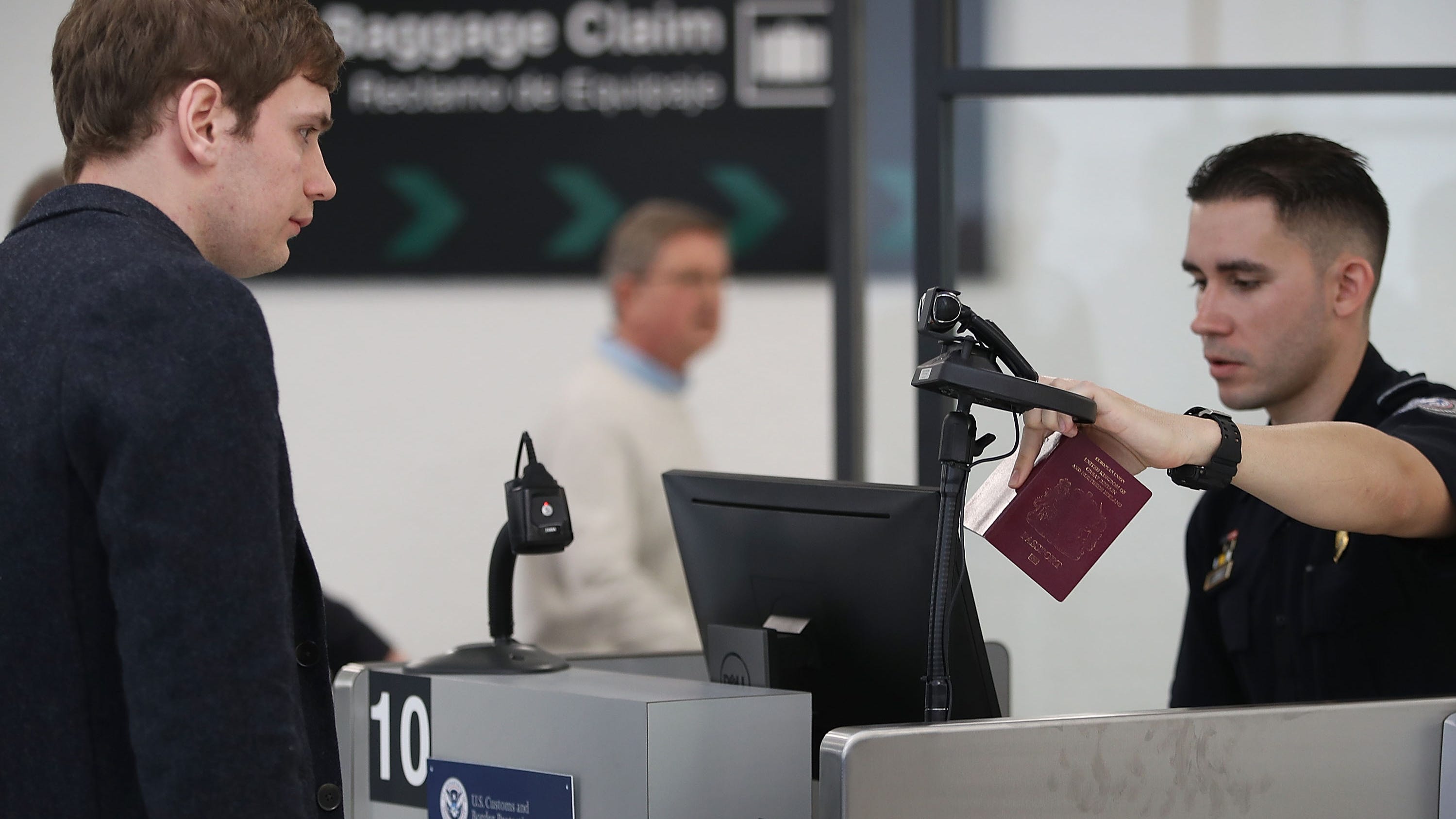Planning a Trip? LGBTQ+ & New Gender Laws: A Traveler's Guide
Editor's Note: With evolving LGBTQ+ rights and gender recognition laws globally, careful planning is crucial for safe and enjoyable travel. This article provides essential information for LGBTQ+ travelers and their allies.
Why This Matters: The landscape of LGBTQ+ rights and gender recognition is constantly shifting. Understanding these changes is vital for ensuring a safe and respectful travel experience, preventing potential legal issues, and promoting responsible tourism. This article addresses the complexities facing LGBTQ+ travelers and provides practical advice for navigating different legal frameworks worldwide.
Key Takeaways:
| Point | Description |
|---|---|
| Research Destinations: | Thoroughly research LGBTQ+ rights and gender recognition laws in your chosen destination before you go. |
| Legal Documents: | Ensure your travel documents accurately reflect your gender identity. |
| Safety Precautions: | Be aware of local attitudes and potential risks. Prioritize safety and personal security. |
| Support Networks: | Identify local LGBTQ+ organizations or support networks in case of emergencies. |
| Respectful Travel: | Practice responsible and respectful tourism, supporting LGBTQ+-friendly businesses. |
1. Planning a Trip: LGBTQ+ & New Gender Laws
Introduction: The freedom to travel is a fundamental right, yet for LGBTQ+ individuals, this right can be significantly impacted by varying legal frameworks and social attitudes across the globe. This section explores the crucial aspects of planning a trip considering evolving LGBTQ+ and gender recognition laws.
Key Aspects:
- Legal Recognition of Gender Identity: Laws regarding gender recognition vary drastically. Some countries legally recognize non-binary genders, others only recognize male or female, while some have no legal framework at all. This impacts access to services, such as healthcare and changing legal documents.
- Same-Sex Marriage and Partnerships: The legal status of same-sex relationships directly influences a couple's rights, including inheritance, healthcare access, and adoption.
- Discrimination Laws: Some countries have anti-discrimination laws protecting LGBTQ+ individuals, while others lack such protections, leaving travelers vulnerable to discrimination in various sectors.
- Public Displays of Affection: Laws and social norms regarding public displays of affection vary greatly. Understanding these nuances is crucial for maintaining personal safety.
Detailed Analysis: It's crucial to consult up-to-date resources, such as government websites, LGBTQ+ travel advisories, and human rights organizations, for accurate and detailed information on specific countries and regions. Remember to check the validity of your passport and any necessary visas. If your gender identity differs from what's on your passport, consult with legal professionals to understand your options and potential risks.
2. Interactive Elements on LGBTQ+ Travel Planning
Introduction: Several interactive tools and resources can assist in planning safe and inclusive travel.
Facets:
- Interactive Maps: Some websites provide interactive maps highlighting LGBTQ+ friendliness in different locations, along with safety ratings and relevant legal information.
- Online Forums and Communities: Connecting with other LGBTQ+ travelers through online forums and communities can provide invaluable insights, tips, and personal experiences.
- Travel Agencies specializing in LGBTQ+ tourism: Consider using travel agencies specializing in LGBTQ+ tourism; they can provide tailored itineraries and support.
Summary: Utilizing these interactive tools can enhance the planning process, making travel safer and more enjoyable for LGBTQ+ individuals.
3. Advanced Insights on LGBTQ+ & Gender Laws in Travel
Introduction: Beyond the basics, understanding the nuances of local culture and social attitudes is paramount.
Further Analysis: Even in countries with seemingly progressive laws, social attitudes may not always align with legal frameworks. It's important to be aware of potential risks and take necessary precautions. Consult with local LGBTQ+ organizations or communities for up-to-date information and advice.
Closing: Responsible and informed travel planning is key to ensuring a safe and positive experience. Staying informed and prioritizing personal safety is paramount.
People Also Ask (NLP-Friendly Answers):
Q1: What is the impact of new gender laws on LGBTQ+ travel? A: New gender laws can affect document validity, access to services, and legal protections for LGBTQ+ travelers, varying significantly by country.
Q2: Why is research crucial before an LGBTQ+ trip? A: Research helps avoid legal issues, understand local attitudes, and identify potential risks, ensuring a safer and more enjoyable trip.
Q3: How can I protect myself while traveling as an LGBTQ+ person? A: Be mindful of local laws and customs, avoid displaying affection publicly in non-accepting areas, and connect with local LGBTQ+ communities for support.
Q4: What are the challenges faced by transgender travelers? A: Transgender travelers might face difficulties with document verification, accessing appropriate healthcare, and encountering discriminatory practices.
Q5: How can I support LGBTQ+-friendly businesses while traveling? A: Research and support businesses that actively promote inclusivity and equality, contributing to a more welcoming travel environment.
Practical Tips for LGBTQ+ Travel:
- Research thoroughly: Consult reputable sources for up-to-date information on LGBTQ+ rights and gender recognition laws in your destination.
- Update documents: Ensure your travel documents accurately reflect your gender identity.
- Inform yourself: Understand local laws and customs regarding public displays of affection and other social norms.
- Connect with local LGBTQ+ communities: Seek advice and support from local LGBTQ+ organizations or networks.
- Prioritize safety: Be aware of your surroundings and prioritize personal security.
- Pack accordingly: Bring necessary medications and documentation.
- Learn basic phrases: Learning basic phrases in the local language can enhance communication and safety.
- Share your itinerary: Share your travel plans with trusted friends or family.
Summary: Planning a trip as an LGBTQ+ individual requires careful consideration of legal frameworks and social attitudes. Thorough research, responsible planning, and awareness of potential risks are crucial for a safe and enjoyable journey.
Call to Action: Ready to plan your next adventure? Share this article to help other LGBTQ+ travelers stay informed and travel safely!

